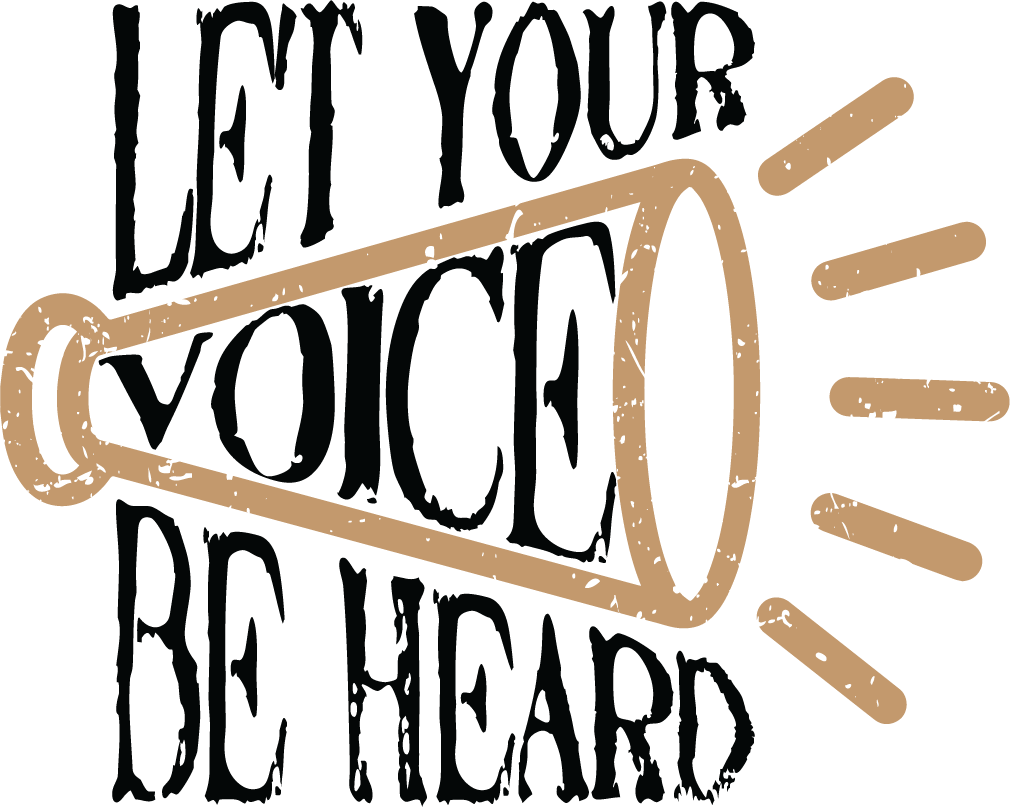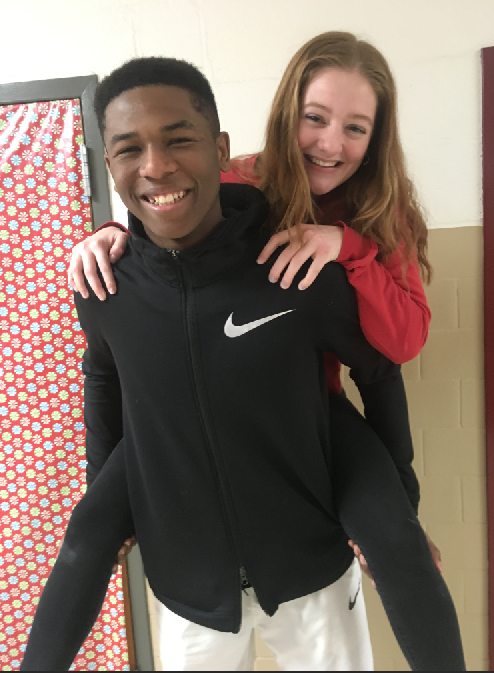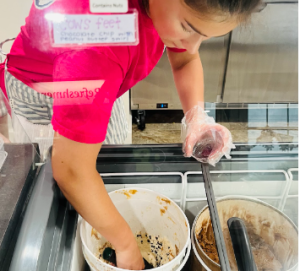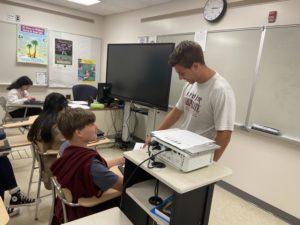Racism remains a conversation among students
Eve Moore (’18) and Justin Smith (’18) share a laugh during enrichment. Both students felt that racism is a problem at Hereford.
February 13, 2018
Discussion of racial progress becomes a national conversation throughout Black History Month. However, due to a turbulent political year, the common belief is that a substantial amount of work is needed to be done in order to mend racial tensions and the social issues they’ve caused: police brutality, “reverse racism,” and an overall lack of trust and respect towards government.
How does this national issue influence students?
“I definitely think racism is a problem [here]. Being a predominantly white school, children raised in this community for their whole lives think it is okay to say derogatory things towards black people and just not accept them,” Eve Moore, (’18) who has strong thoughts on the matter, said. “I find this extremely shocking seeing as we live 25 minutes away from Baltimore City.”
The psychological debate over whether or not nature or nurture influences one’s attitudes towards differing races comes into play when questioning if living in Hereford predisposes children to repeating racist tendencies.
“I don’t believe anybody is innately racist. It just depends on how you were raised and the kind of people you hang out with; that is the biggest influencer of your beliefs,” Erin Feeney (’18) said.
Some believe that being exposed to only certain groups of people leads to a narrow-minded mentality.
“It’s a mono-cultural environment. It’s not diverse and when there is a lack of plurality of ways of being, thinking, and doing things, it leads to not being accepted and to groupthink,” Moore said.
There is a delicate line between good humored and mean-spirited jokes when making comments towards minorities. What one person may perceive as funny, another may find derogatory.
“Some kids in the school always make racist jokes to me and I don’t find them offensive but [they are] not funny either,” Justin Smith, (’18) said.
The Oxford Dictionary defines reverse racism as “prejudice, discrimination, or antagonism on the basis of race directed against a member of a dominant or privileged racial group.
“I don’t think reverse racism is a problem; I think that concept is a myth,” Moore said. “However, the way that some white students treat other races gives [African Americans] the idea that white people in this area don’t respect them. When the white people get this vibe, they think, ‘Well, they don’t like me so why should I be accepting?’” Moore said.
The controversy over whether or not “reverse racism” is a plausible matter of contention depends on personal opinion and experience.
“Reverse racism is a problem. Just because you’re not white doesn’t mean you can be racist. To be honest, it’s always been a problem,” Smith said.
This tumultuous year in the world of politics has begun to change the societal view on racism.
“Some people think that Trump being in office has given them this false thought of racism being okay because they see him being racist,” Smith said.
Although there is room for improvement, the progress made over the course of hundreds of years by visionaries such as Martin Luther King Jr., Rosa Parks, and Nelson Mandela will never be undermined as long as the conversation persists.







